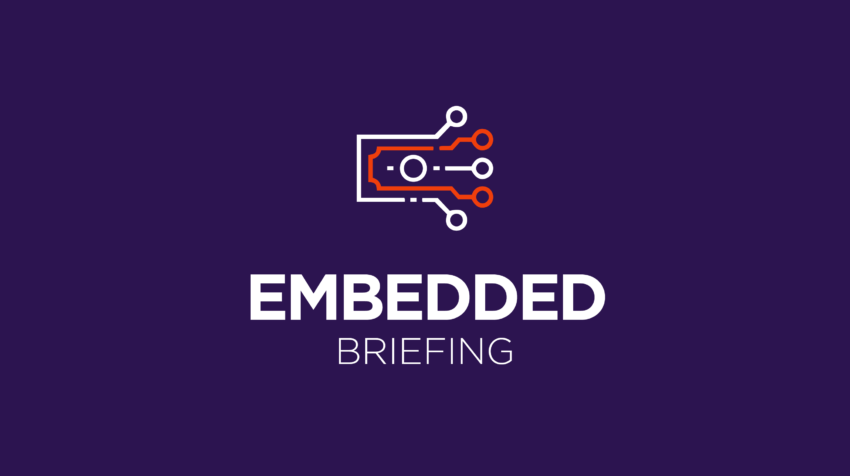Member Exclusive
Embedded Briefing: SoFi amps up Galileo with Technisys acquisition
- SoFi has acquired Technisys, a digital banking technology provider that enables traditional banks to go digital, and neo-banks to build from scratch.
- Digital financial service providers are looking to become super apps — bringing together a wide array of functionalities into a single platform offering,








